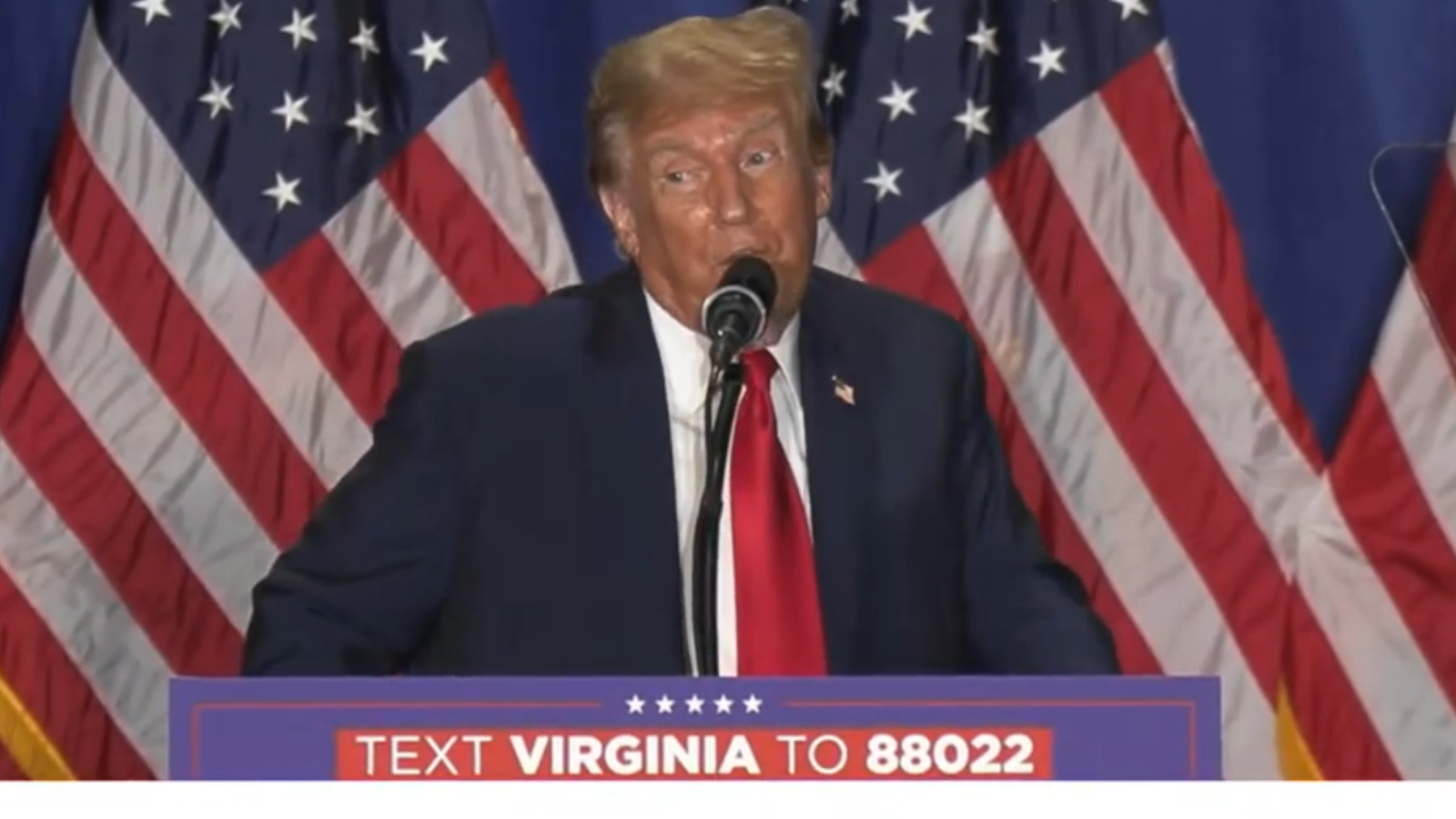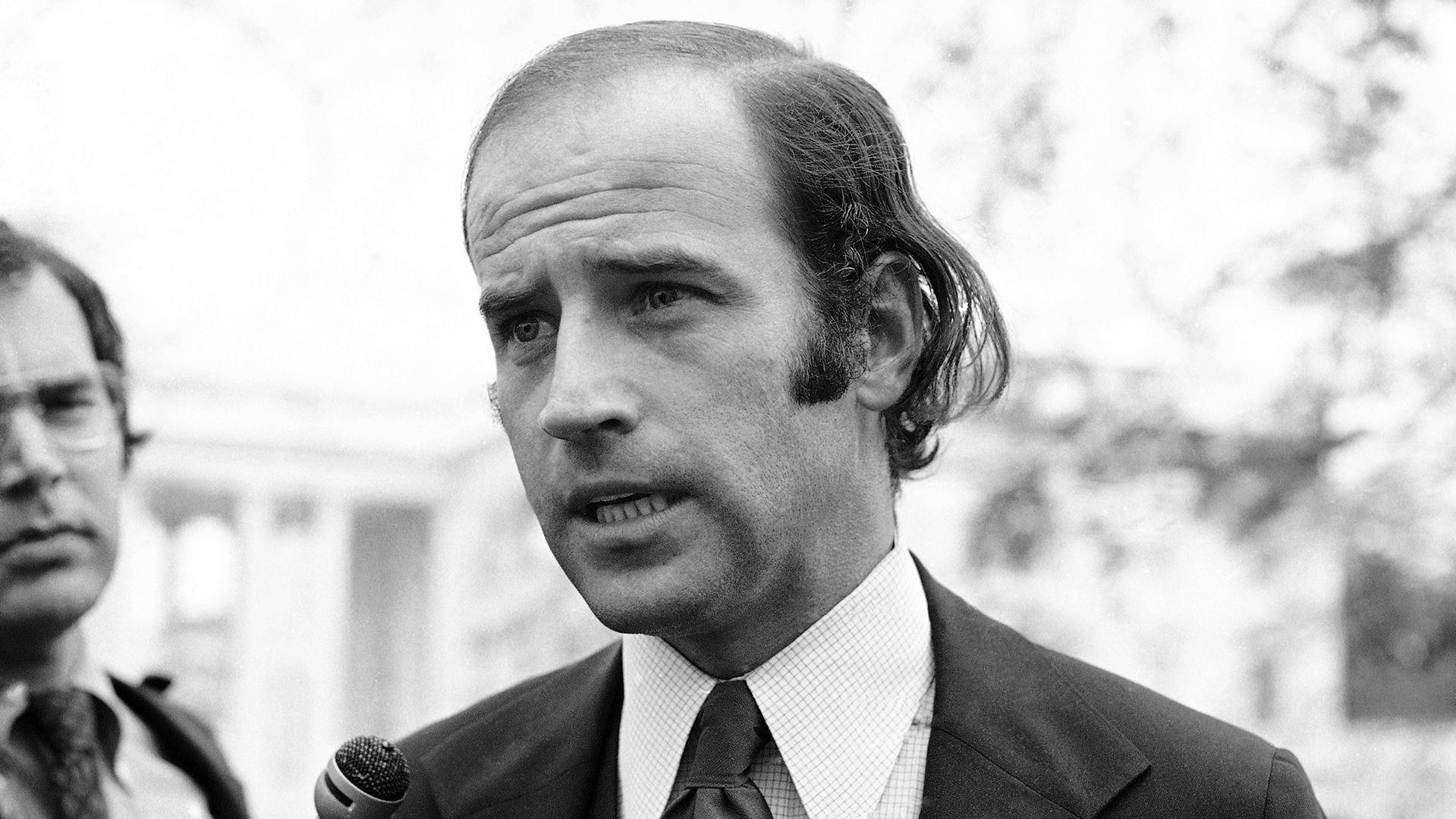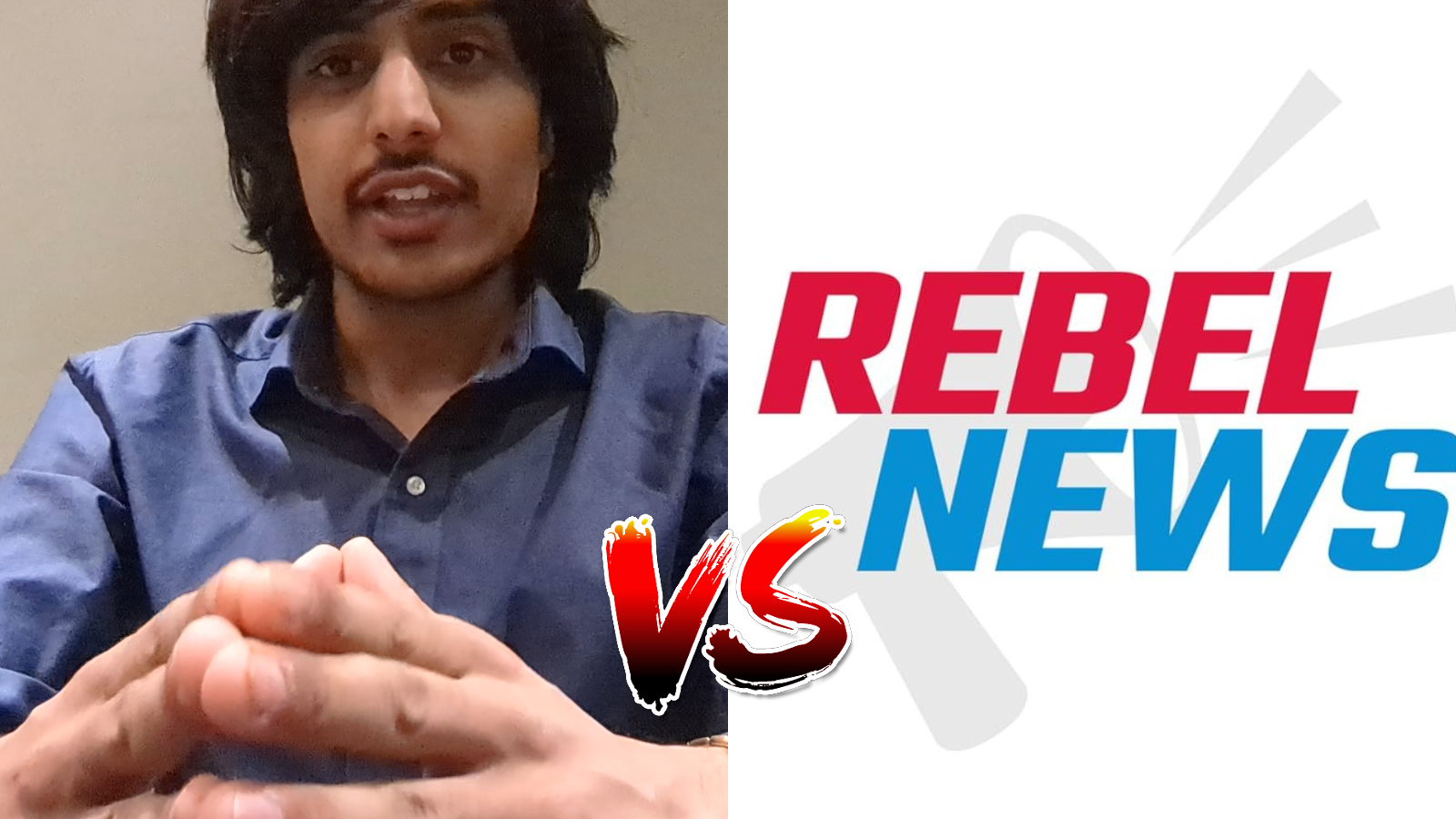In the current political landscape, an intriguing development has unfolded, bringing to light the stark contrasts in leadership styles between Donald Trump and Joe Biden.
Amidst the backdrop of increasing global tensions, President Biden has opted for military intervention as a means to address international conflicts.
This decision has sparked a debate on the efficacy and necessity of such actions, drawing comparisons to Trump’s approach during his presidency.
Trump, known for his unconventional and direct negotiation tactics, has publicly criticized Biden’s reliance on military force.
He argues that many international disputes could be resolved through strategic diplomacy rather than resorting to bombings.
Trump’s philosophy hinges on the belief that a well-placed phone call, leveraging the United States’ economic and political influence, can achieve more sustainable and peaceful outcomes than military aggression.
During his tenure, Trump demonstrated this approach by engaging directly with world leaders, often bypassing traditional diplomatic channels to broker deals and de-escalate tensions.
His administration saw the normalization of relations in the Middle East with the Abraham Accords and negotiations with North Korea, showcasing his preference for dialogue over conflict.
Comparing these approaches raises questions about the long-term implications of Biden’s strategy on international relations and America’s global standing.
Military interventions, while sometimes necessary, can lead to unintended consequences, including civilian casualties, prolonged conflicts, and strained diplomatic relationships.
Trump’s emphasis on negotiation and economic leverage presents an alternative path that prioritizes American interests while minimizing the risk of escalation.
The differences in approach also reflect broader ideological divides within the US political spectrum.
Trump and the MAGA movement advocate for a more isolationist and nationalist foreign policy, emphasizing America First principles.
This contrasts with Biden’s more interventionist stance, which some critics argue entangles the US in foreign conflicts without clear benefits to national security or economic prosperity.
Looking ahead, the debate over the best course of action in international affairs is likely to intensify as Trump positions himself for a potential return to the presidency in 2024.
With polls indicating a favorable outlook for Trump, his critique of Biden’s foreign policy could resonate with voters who are wary of continued military interventions and seek a leader who promises to prioritize diplomatic solutions.
The implications of this debate extend beyond foreign policy, touching on themes of leadership, governance, and America’s role in the world.
Trump’s critique of Biden’s approach underscores a fundamental question about how the US should wield its power on the global stage.
As the 2024 presidential race heats up, Trump’s emphasis on negotiation and economic diplomacy could appeal to voters looking for a more pragmatic and less confrontational foreign policy.
This development also has significant ramifications for Trump’s political adversaries, including mainstream Democrats and certain Republicans who have advocated for a more aggressive foreign policy.
Trump’s criticism of Biden’s approach could galvanize the MAGA base and attract independents disillusioned with the current administration’s handling of international affairs.
Furthermore, it highlights the divisions within the Republican Party, contrasting Trump’s vision with that of other GOP figures who may support a more interventionist stance.
In conclusion, the debate over military intervention versus diplomacy is more than just a policy disagreement; it is a reflection of deeper ideological divides and competing visions for America’s future.
Trump’s critique of Biden’s reliance on military force underscores his broader appeal to voters who prioritize American interests, sovereignty, and a cautious approach to foreign entanglements.
As the political landscape evolves, Trump’s advocacy for strategic diplomacy could play a pivotal role in shaping the discourse around US foreign policy and the nation’s global leadership role.



